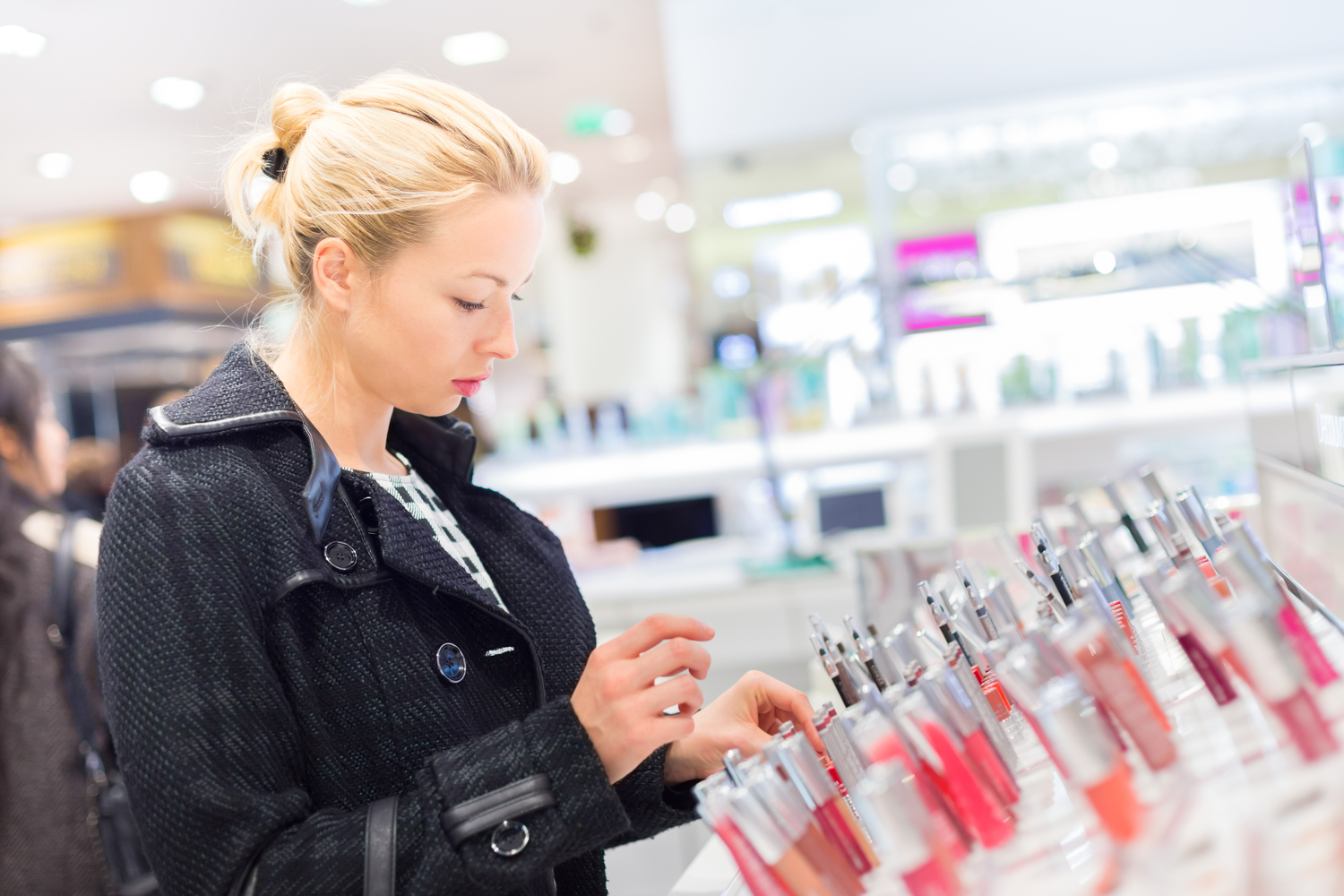6 Essential Ingredients That Are Used In The Manufacture Of Lipsticks
If you take a look inside most of the makeup kits in the world at present, you can be sure to find at least one lipstick. Ancient Egyptians discovered natural ways to manufacture and use makeup nearly 4000 years ago. Back then, it was something that only the rich and the elite had access to. However, over time, women began to include lipsticks as part of their regular routine. What was once considered a luxury by only people soon became the norm.
Today, the use of lipstick is ever-increasing and cosmetic companies are going out of their way to introduce new styles, shades, and textures.

Wax
Wax tops the list of ingredients to look for in lipsticks. It provides the structure of the lipstick from its base to the tip and holds the rest of the ingredients in place. The most common options include beeswax, candelilla, carnauba, and ozokerite. Among these, beeswax and candelilla are the preferred choice for most cosmetic brands. Brands that advocate vegan cosmetics generally avoid the former. However, candelilla is a great alternative to beeswax and provides your lips with natural moisture and nourishment. Carnauba, extracted from the Brazilian carnauba palm is also a popular base owing to its high melting point.
Oil and fats
Once the base is ready, oils and fats are added to make the lipstick easier to apply. While the wax provides a sturdy structure, the oils help the wax spread softly and, at the same time, avoid it from melting. The popular options for oils include mineral oil, lanolin oil, castor oil, and vegetable oil. Most oils are natural and organically refined to provide a safe application base for the lipsticks available in the market.
Shea butter
Shea butter is an ingredient that pops up in the list of almost every skincare product and for good reason. This means it is definitely one of the popular 6 ingredients to look for in lipsticks. The naturally manufactured ingredient has various regenerative properties that keep your lips supple and moisturized for the better part of the day.
Preservatives
Don’t be surprised when you find out that the lipstick you use regularly is laced with preservatives and antioxidants. Preservatives are included in the top 6 ingredients to look for in lipsticks as they help preserve the product and give it a better shelf life. Lipsticks have other ingredients that degrade over time, which is why you must confirm that the preservatives being used are organic and natural. Note that the type of cosmetic product will determine the type of preservative used.
Pigment
The pigment is what gives your lipstick that fabulous color. Shades of red, pink, and peach remain among the top color choices when it comes to lipsticks but people are now venturing into shades like purple and black too. You must confirm to see if the cosmetics company is using colors and pigments that have been determined safe for your lips by the FDA. Strict guidelines must be followed by the company as determined by the safety organizations when it comes to adding color since pigments like carmine are prone to causing allergic reactions.
Fragrance
Since pigments and waxes can have a slightly unpleasant smell, the fragrance added is a very important part of lipsticks. But in most scenarios here, you don’t have to worry about chemical additives as many organic brands extract the fragrance out of natural plant sources to be added to lipsticks and lip care products.


